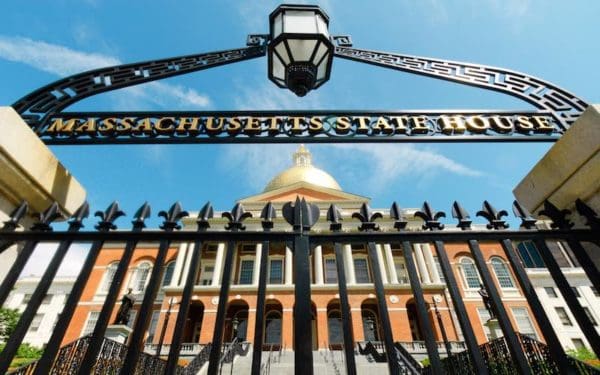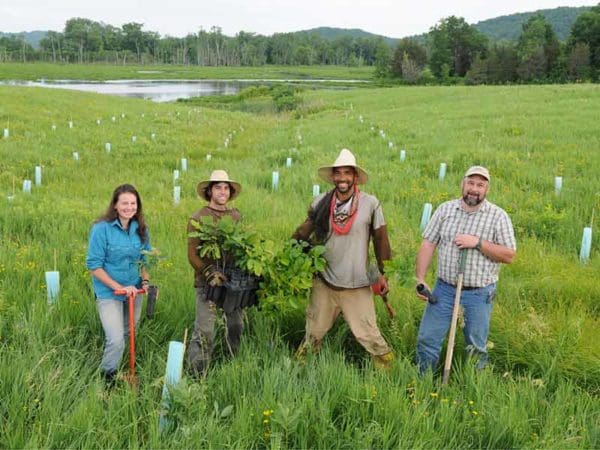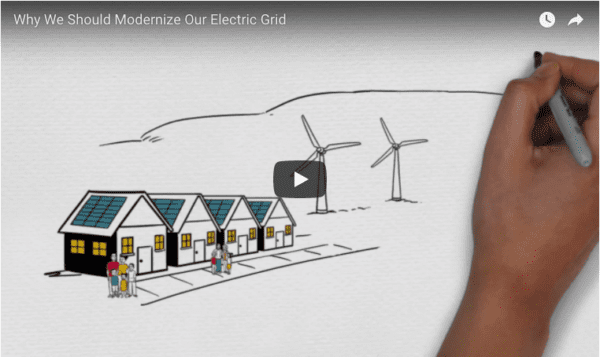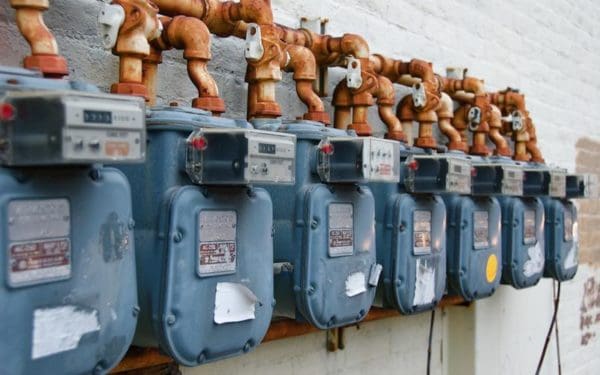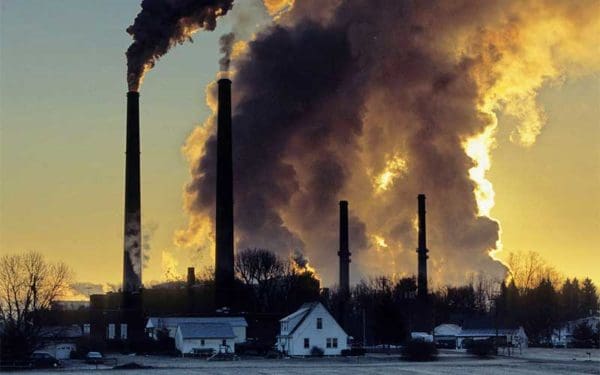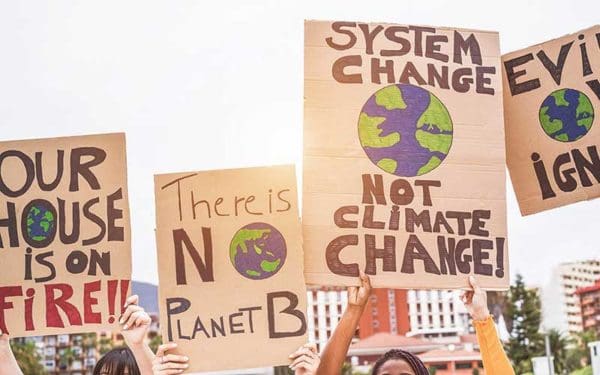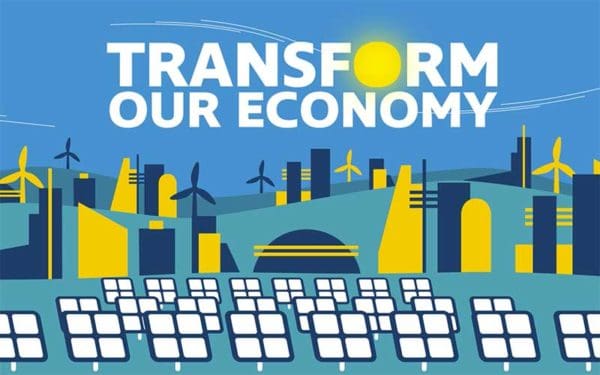Jan 04, 2021
“If signed by the governor, this bill would restore Massachusetts’s national leadership in addressing climate change, and the disproportionate impact of pollution on Black, brown, and other environmental justice communities in the state,” said Caitlin Peale Sloan, acting director of the Conservation Law Foundation in Massachusetts
Dec 30, 2020
“Massachusetts needs to commit to significant changes if we’re going to reach the 2050 emissions limits required by law,” said Caitlin Peale Sloan, Interim Director of CLF Massachusetts. “The people who will be affected most by the climate crisis, including Black and Brown communities and low-income households, must be part of the process, and it’s a great step forward that officials plan to do just that. We will be holding our leaders accountable for sticking to the goals laid out in this plan because it’s time to get to work.”
Dec 23, 2020
COVID-19 has had a profound impact on Vermonters. But, if we move forward in the right way, we can build a resilient future for Vermont. Here are the three priority areas that we must work on to create the future we want.
Dec 21, 2020
“TCI has the potential to fill a glaring gap in transportation funding and to reduce emissions, but it has been fraught by a process that too often ignored community concerns,” said CLF President Bradley Campbell. “While today’s agreement includes important equity commitments, it is the next steps that matter most. CLF can only support this program if these commitments become enforceable policies and truly additive investments in climate and the communities suffering most from air pollution and lack of transportation options.”
Dec 17, 2020
Our electricity grid was designed over 100 years ago. But times have changed. Today, we can harness clean, renewable energy right where we live. But we have to update our electric grid to take advantage of it.
Dec 10, 2020
“Continuing to rely on gas will spell disaster for our climate goals,” said Caitlin Peale Sloan, Interim Director of CLF Massachusetts. “Gas is not a safe or clean alternative to oil, and we must phase out its use to heat our homes. There are better options out there and it’s time Massachusetts gets serious about new policies that will get us off gas once and for all.”
Dec 10, 2020
In our new report, we lay out how Massachusetts can move away from dirty gas for home heating and towards a clean future. We also offer a framework for other New England states to start kicking gas to the curb.
Dec 10, 2020
Nearly half of all homes in Massachusetts rely on gas for heating, which contributes significantly to the state’s greenhouse gas emissions. Ending this reliance on a climate-damaging fossil fuel could take decades. That’s why the work must start now, especially if the Commonwealth is going to meet its 2050 targets for cutting its overall carbon emissions.
Dec 09, 2020
New England is no stranger to climate action. So, as I look to 2021, I see New England continuing to lead on climate.
Dec 03, 2020
We can still avoid the worst impacts of climate change if we reach net-zero carbon pollution before 2050. We need strong climate laws in every New England state to hit that mark.

